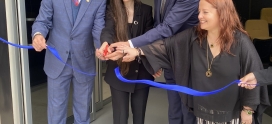
When the roads end
Dr. Jean Paul Vargas
jvargas@icap.ac.cr
When all roads end, the real journey begins. With this idea of Jacques Lacan we can introduce the importance and urgency of creating multisectoral spaces for dialogue on the reform and modernization of the State. The institutional hypertrophy suffered by the Central American States during the second half of the last century contributed to the constitution of a fragmented and dispersed model that has affected the quality of public policy yields.
The years have passed and the debt of an agile and efficient administrative modernization is still valid, but now its path is insufficient, if it is not accompanied by a strong leadership capacity and conviction of our political elites. Our countries require a friendly administration and close to citizenship.
Our ability to move towards a Central America of opportunities is conditioned by the ability to generate a pluralistic collective vision, capable of overcoming the times and rhythms of a government, and thus becoming a true state agenda.
Without lemons there is no lemonade; Without a wide and profound diversity of leadership, it is not possible to define a new center of gravity from which the necessary consensus is articulated for the design and regeneration of an efficient and legitimate administration, capable of recovering the necessary flows of trust in public affairs; as well as the essential competences of the State: (a) the essential conditions and norms of organization and operation of public services, (b) quality standards for the generation of services and public goods, (c) policies, strategies, goals and objectives - strategic and operational - of government management, (d) guardianship, evaluation and control of results, (e) regulation of public services; competences that must have as a backbone the unrestricted respect for human rights, the fulfillment of the Sustainable Development Goals, and an absolute vocation for innovation and creativity.
Hence the need for adequate coordination structures between the decisions of the presidential cabinet with thematic teams at the level of vice-ministries - sub-secretaries - for the implementation of government priorities, based on a logic of coherence based on: (a) inter-institutional and intersectoral coordination, (b) the capacity for territorialization of public policies, (c) the planning and continuous evaluation of results –with a follow-up of compliance indicators by goals and processes-, (d) communication development policy, and (e) the permanent collaboration with strategic sectors of society and with the public in general for the improvement of public goods - multiactorial approach.
The challenge is to overcome an articulated and rational sectoral operation of our administrations, product of the institutional vocation for its atomization and the culture of micro-powers or administrative feuds. The way now is to learn to integrate hierarchical power with administrative protection, under the logic of flexibility attached to compliance with the rule of law and a collective understanding of development goals; to contribute to the creation of a culture of effective rationalization of the administration (i) based on prospective planning and continuous evaluation of its results (ii), under a logic of active and permanent collaboration of citizens and an exercise of transparency and accountability (iii).
In summary, we must join efforts to consolidate an efficient and legitimate public administration is what the Central American democracies currently demand; that is able to boost and improve the processes of transparency and accountability to restore faith and confidence in public affairs; that is able to boost and improve the processes of transparency and accountability to restore faith and confidence in public affairs; from an absolute and unrestricted vocation for the fulfillment of human rights, the principles of social participation and in harmony with public innovation in the generation of capacities from the electronic government.
The story is written in draft, and the history of public management is no exception, it is also built with studs, and sometimes why not say it, with a lack of conviction, but therefore we should not neglect our highest aspiration: our utopia for making Central America a region of peace, freedom, democracy and development.
I expressly refer to the term utopia, which is derived from the Latin word "Uhtopus", which means "imaginary and impossible", because precisely every stone carved by the stonemasons that forge our state model, have had on their hands the responsibility of materializing a dream, a aspiration, which for many others, was something simply imaginary and impossible. The responsibility now belongs to us, to encourage a change of thought and action, hence our battle for ideas.



